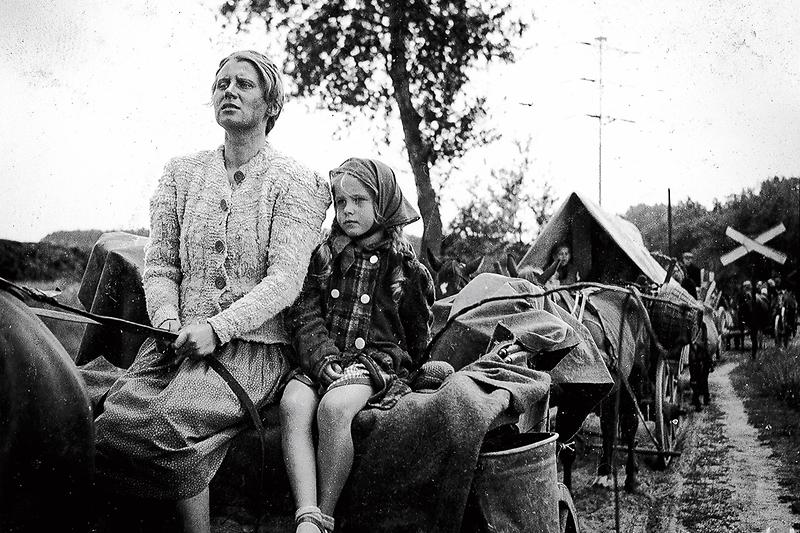
Freies Land
A FREE COUNTRY

In a broadcast report from June 1946 the “Berliner Zeitung” reported: “Everyone is taking part: residents, houses, fields, cattle.” They were referring to DEFA's second feature-length film, FREE COUNTRY. Director Milo Harbich attempted to combine reportage and feature plot, similar to the work of the Italian neorealists. What happened in the country after the end of the war? Hordes of refugees criss-cross the villages, a young woman has to bury one of her children on the roadside, her husband went to war and is considered missing. Yet the film is not satisfied with images of suffering; its aim was to convey hope. The land belonging to great landowners is distributed, the small farmers receive help from newly created engine stations, and the soldier also returns. Peace and land reform as the source of a better life. - Despite its strong didactic nature FREE COUNTRY remains today a unique contemporary document from the post-war years. RS
Milo Harbich
Otto Baecker
Adolf Jansen
Heinrich Beisenherz
Werner Eisbrenner
Ursula Voß, Fritz Wagner, Herbert Wilk, Hans Sternberg, Aribert Grimmer, Peter Marx, Oskar Höcker, Elfriede Dugall, Kurt Mikulski
Milo Harbich -